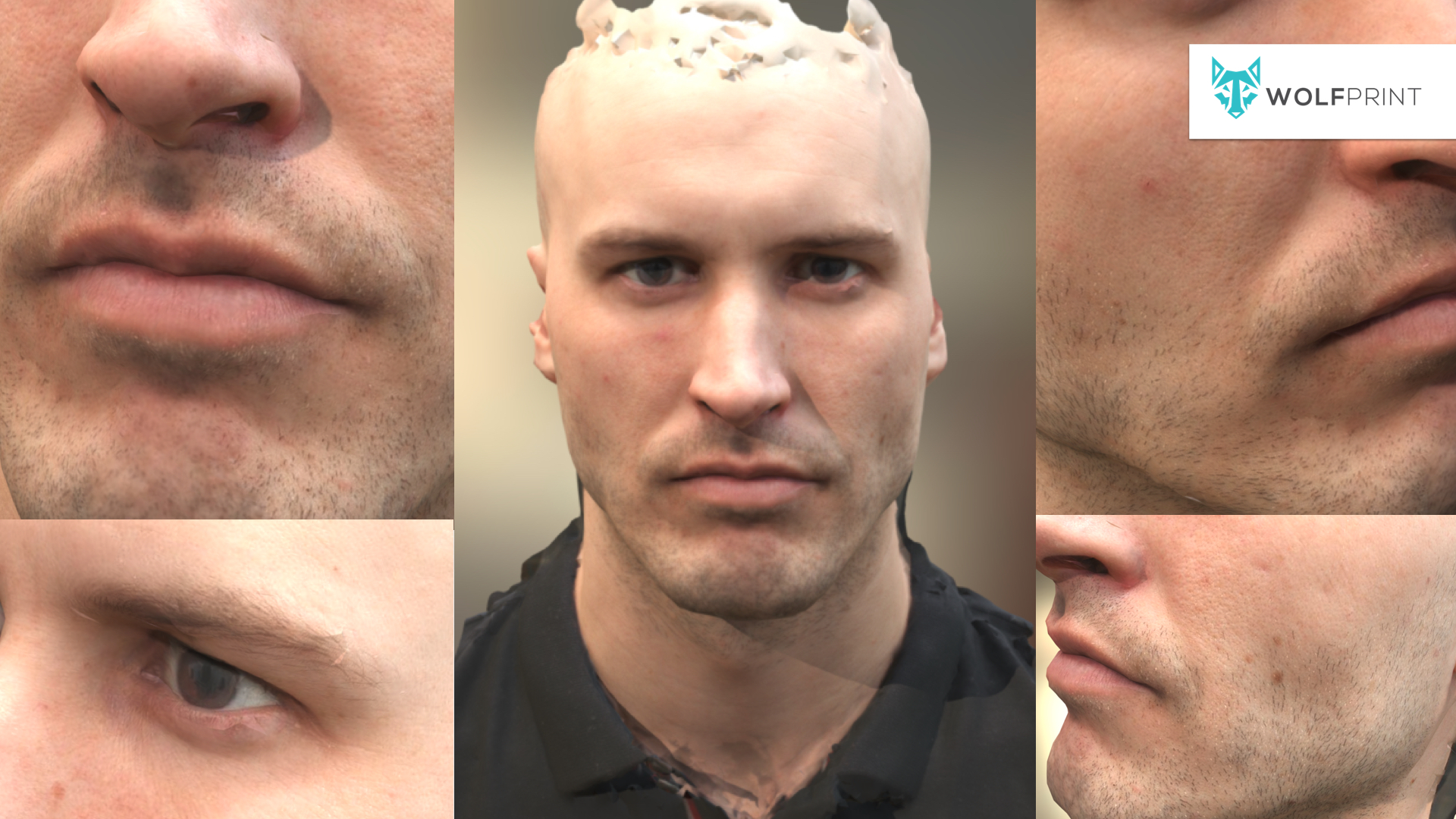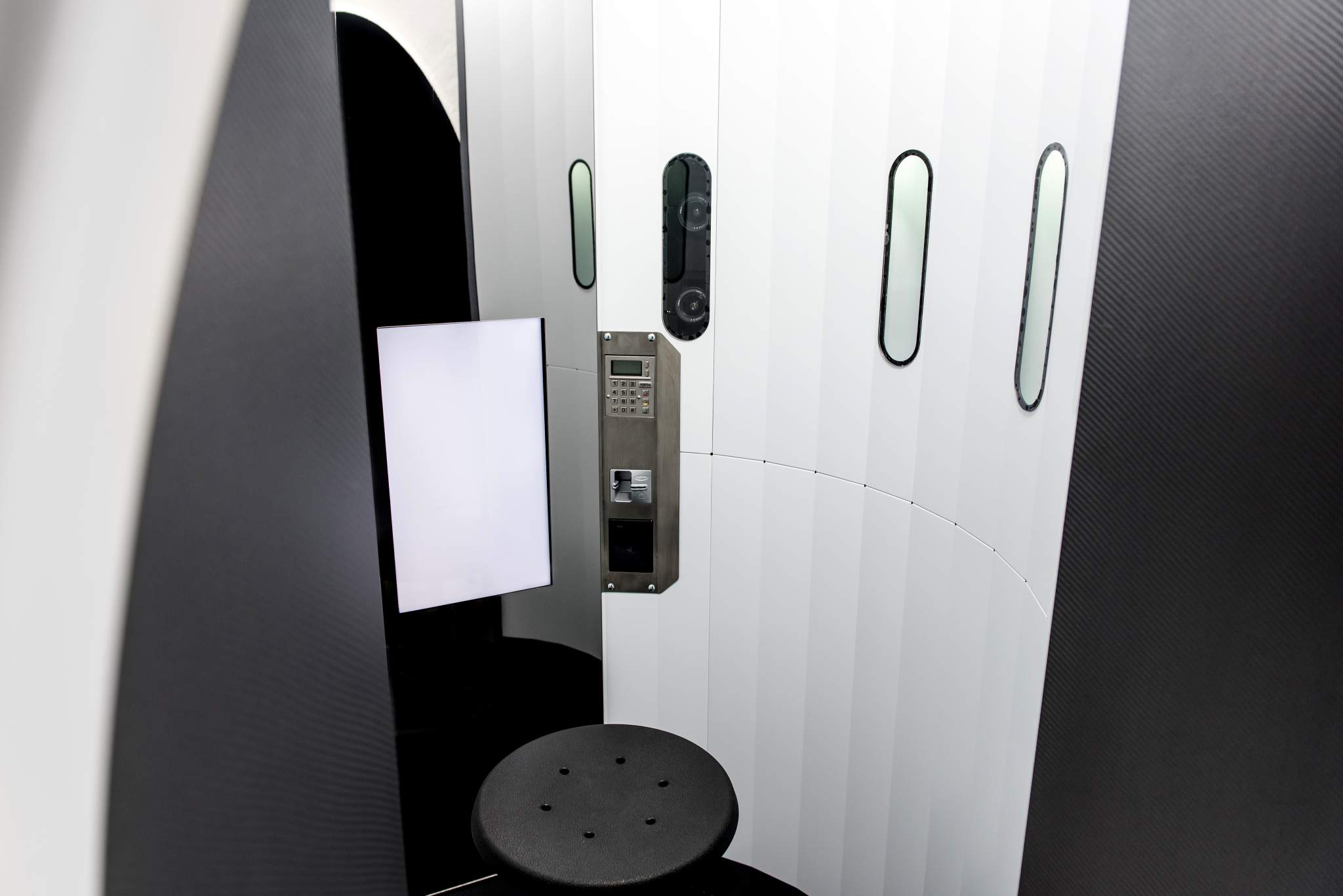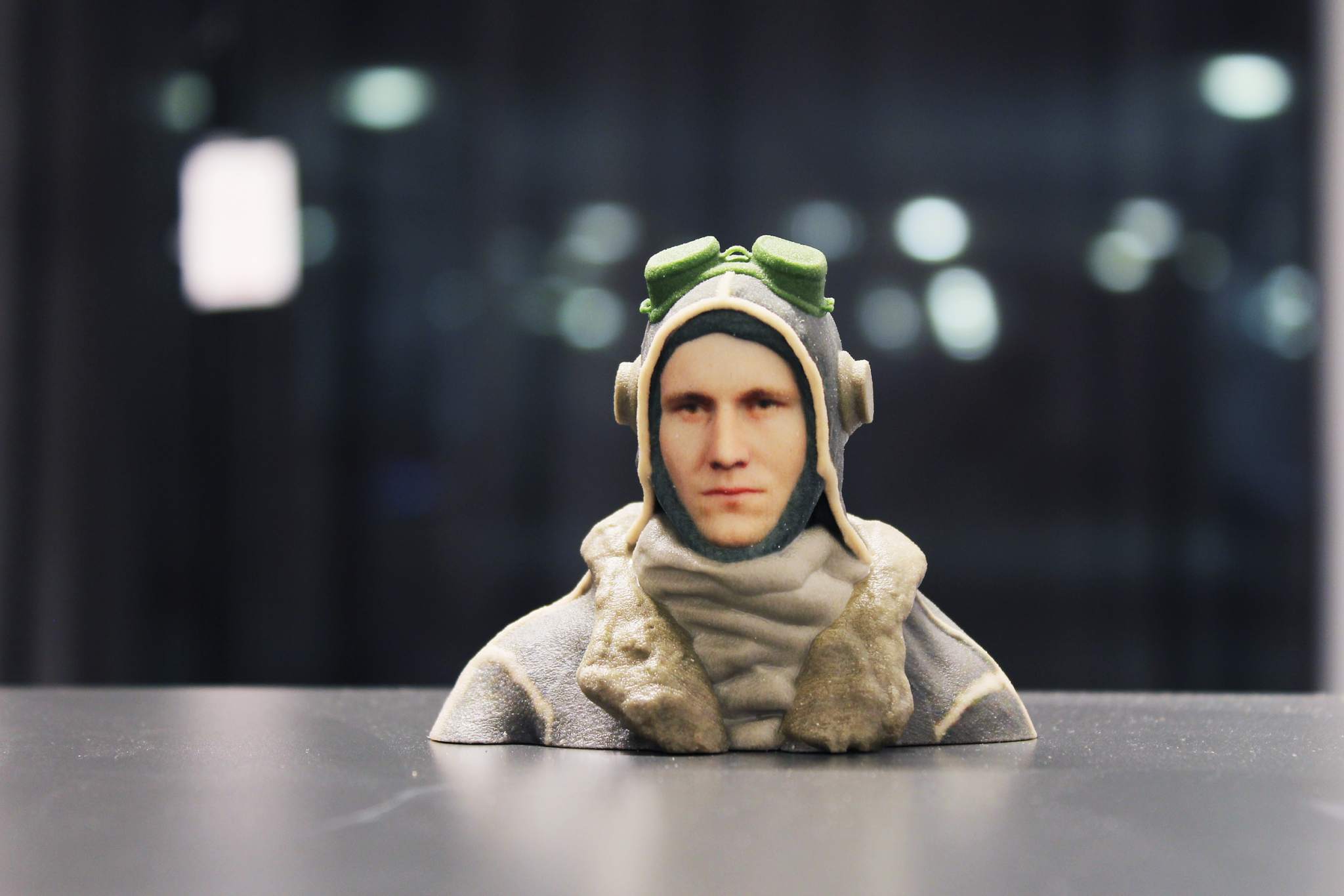Throughout the years and throughout the many changes in gaming, one aspect has remained the same; the characters. In almost every game the playable character will be primnarily generic. While they may be customizable and relatively personalized, the characters are chosen almost always by the developers. However, one tech startup has proposed a way to change this. Wolfprint 3D, an Estonian startup, is attempting to bring realistic conceptions of player’s faces into virtual reality and video games.

Virtual reality is the newest trend in gaming and it may now also be that the newest development in virtual reality is to bring users’ faces into the content. There are many games where players interact socially with one another by means of an avatar, but with Wolfprint’s new idea; virtual reality may become even more real. The aim of Wolfprint 3D is concerned mainly with the social aspects of VR. The company believes that in order to provide a truly social experience users will need to be represented realistically in-game. The solution is their Luna scanner which provides accurate results and should be fairly inexpensive.

The idea involves the futuristic looking egg-shaped Luna scanner pictured above. Wolfprint 3D hope to achieve their goals of bringing the user’s face into games through this scanner. The scanner can be seen as a photo booth on steroids. It operates in pretty much the same way as a photo booth, however it looks like something out of a sci-fi movie and it’s final process is not a two-dimensional passport photo but rather a digital 3D form. This 3D form can then be used, they hope, in a variety of virtual functions since the possibilities really are endless. Furthermore, the scan can also be used in order to produce physical 3D figurines and such. This idea seems to be in contrast to Sony, who are attempting to do the opposite of Wolfprint and convert video game characters into 3D printed form.

The scanners can work autonomously meaning they will not need an operator to assist use, this will help to keep costs down and to decrease the time taken to complete the scan. According to Wolfprint it takes less than 90 seconds to complete the scan with the process only taking four simple steps. The user will step into the scanner, push start, be scanned by the pod, enter contact details and that’s it they’re done. According to Wolfprint, the scanners cost $8,000 to make which is relatively low in comparison to their competitors. Especially since they expect to make $50,000 in annual revenue from each of the booths.

Not only have Wolfprint 3D been able to produce quality scans with this booth, they also intend to do so at relatively low cost with the expenses eventually expected to be covered by the game developers. Wolfprint 3D believe their Luna scanner is different from the rest of the competition as their scanner is cheaper, portable and autonomous. The scanner has since their launch in February of this year scanned over 5000 people. They currently have four scanners, with three of them currently deployed in locations and they are looking to add more.
Wolfprint 3D – Seedinvest video from Wolfprint 3D on Vimeo.
The startup lists their current accomplishments on their seedinvest site, as well as their financial plans, including an agreement with a ‘leader in the photo booth industry in the US.’ The company aims to bring these scanners to malls around the world allowing anyone to get 3D scanned and perhaps feature in their favorite video game. Timmu Tõke, CEO, explains their overall goal as “to bring humanity into VR.” The use of the scanner is currently free as they perfect their method but they do plan on monetizing the procedure in the future.
For more details on Wolfprint and their Luna scanner, check out their website or their seedinvest.
Featured image via Wolfprint 3D.



